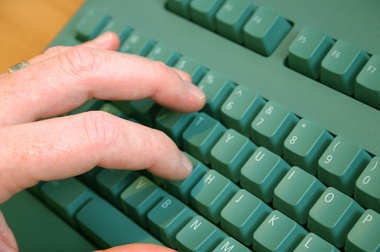Let’s be clear. Your email is not your work; it is simply a tool to help you do your work. But like any tool it can be ineffective or even dangerous when used wrongly. Here is how to make email your servant not your master. 1. Check your email inbox at set intervals. Do not have your email on and active in front of you all the time. For most people it is better to check email no more than three or four times a day. For example you could check email at 9 am, 12 noon and 4 pm. Then you can spend the rest of the day doing useful work. 2. Your do-do list is more important than your email. Write all the most important things you have to do each day on your to-do list and use that to prioritise your activities. Focus on getting the top priorities completed each day and your performance will soar. 3. Action emails immediately. When you read your inbox action each item immediately if at all possible. You might reply, forward, delete or file. Do not read through your inbox over and over. Read once and action straight away. If you cannot action an important email then flag it for follow up – in Outlook you right click on the message and then click – follow up today. This will give the item a red flag and you can find it easily by clicking on the flag status column. 4. Declutter your inbox. Eliminate unnecessary emails. Flag junk as junk or use an external filter system such as ClearMyMail to stop junk. Unsubscribe from any newsletters that you you do not read. 5. Maintain your contact list. Your contact list is a valuable asset that rewards attention and maintenance. In most cases when you receive an email from a new business contact then you should add them to your contacts immediately. Years later you might want to contact them and it is important to have their details. It is handy to sort your contacts into different categories – social, customer, supplier etc. Take a back-up of your contact list separately from your main computer so that you still have it even if disaster strikes. 6. Use folders sparingly. I have a few folders for really important categories of communication. Everything else is deleted or stays in my inbox. Some people have hundreds of folders and put everything into one or other. If this works for you then fine but beware of folder creep. 7. Sync your mobile and desktop worlds. Keep your messages and contacts synchronsied between your cellphone or pda and your computer. It is great to use quiet time while travelling to read and send messages provided your important replies are captured for future reference. Some people use social media sites such as Twitter or Facebook as their primary communications tool and they are great for short casual messages. However, email remains the tool of choice for business communications. Sharpen the tool and use it well. It is an essential part of your everyday productivity.
